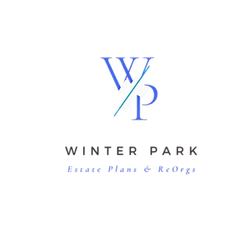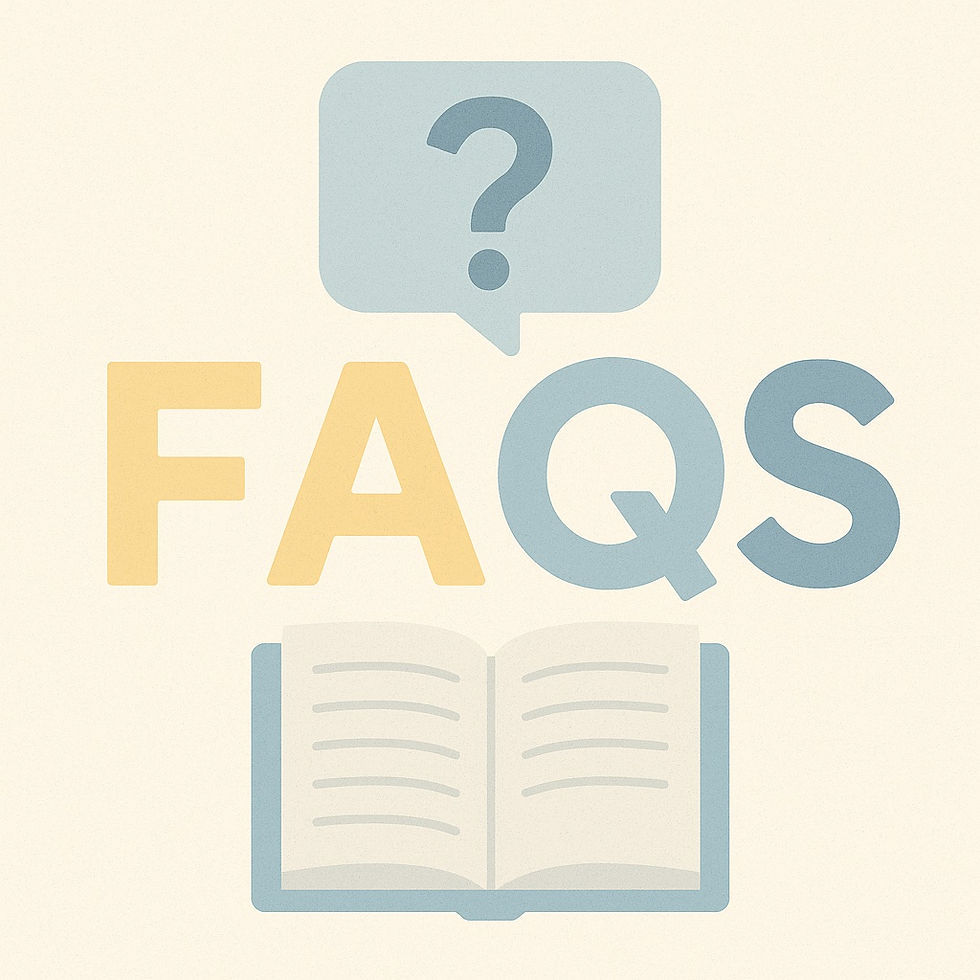Equipment Loans, Leases, and Insolvency: What Florida Small Businesses Need to Know
- Melissa A. Youngman

- Nov 7, 2025
- 4 min read
Updated: Dec 12, 2025
By Winter Park Estate Plans & ReOrgs Admin
Florida Bankruptcy Attorney – Winter Park, FL
For many Florida small businesses, equipment is the backbone of daily operations. Whether it’s restaurant ovens, manufacturing machinery, medical devices, or construction vehicles, these assets make running your business possible.
But when income falls and payments on equipment finance agreements or leases become unmanageable, business owners are often unsure what rights and options they have. The wrong move can lead to repossession, loss of essential tools, or even business closure.
The good news: if your business is struggling, Chapter 11, and especially Subchapter V for small to medium sized businesses, can offer a structured, legal path to reorganize equipment debt and keep your operations running.

1. Understanding Equipment Financing and Leases
Before exploring bankruptcy options, it’s important to understand how these agreements work.
Equipment loans are traditional secured loans. The business borrows money to purchase equipment, and the lender takes a security interest in that equipment as collateral. Once the loan is paid off, the business owns the asset outright.
Equipment leases, by contrast, allow your business to use the equipment in exchange for periodic payments. At the end of the lease, your business may have the option to buy, renew, or return the equipment, depending on the contract.
While both help businesses access necessary tools without large upfront costs, they can become burdensome when cash flow tightens.
2. When Equipment Debt Becomes Unmanageable
For many Florida small businesses, problems begin when:
Sales decline due to seasonal or market changes.
New competitors enter the market.
Unexpected repairs or downtime affect cash flow.
Multiple leases or loans overlap, creating unsustainable monthly obligations.
When that happens, businesses may fall behind on payments, triggering default clauses that allow lenders to repossess equipment or accelerate the debt making the entire balance due immediately.
Before surrendering assets or closing your doors, it’s crucial to explore your legal Chapter 11 options for restructuring this debt.
3. How Chapter 11 Can Help with Equipment Finance
Under Chapter 11, a business can continue operating while reorganizing its debts, including equipment loans and leases. The process provides breathing room and leverage to negotiate with lenders.
Benefits include:
Automatic stay protection: Once the case is filed, the automatic stay is imposed immediately, stopping all debt collection activity, including repossession efforts and creditor lawsuits.
Debt restructuring: Allows modification of loan terms, payment schedules, and interest rates.
Lease decisions: Your business can choose to assume (keep) or reject (end) burdensome leases under court supervision.
Cash flow management: Debtors may spread repayment of arrears over time through a court-approved plan of reorganization.
For example, a construction company struggling with heavy equipment loans could use Chapter 11 to extend payment terms and lower monthly obligations while continuing to use the equipment for active projects.
4. Subchapter V: A Streamlined Chapter 11 Option
For qualifying Florida small businesses, Subchapter V offers a faster, simpler, and more affordable way to reorganize under Chapter 11.
Subchapter V allows:
Streamlined plan approval: a minimum number of creditors voting in favor of the plan is not needed to confirm the plan.
Lower administrative costs: lower legal fees and administrative costs than a traditional Chapter 11.
Greater control over the reorganization: only the business owner can propose a reorganization plan in Subchapter V cases.
If your business's total debts are under $3,424,000 and primarily business-related, your company may qualify for Subchapter V. Subchapter V helps small business owners preserve critical equipment, reorganize debt, and emerge stronger, often in significantly less time than a traditional Chapter 11.
5. How the Plan of Reorganization Works
Your attorney will help develop a plan of reorganization outlining how debts will be repaid. For equipment loans or leases, that may include:
Paying secured creditors the current value of the equipment rather than the full loan balance.
Reducing interest rates to manageable levels.
Spreading repayment of arrears across 3 to 5 years.
Surrendering underperforming assets while keeping essential equipment.
In many Subchapter V cases, business owners can maintain control of their company and equipment while catching up on obligations gradually.
6. When to Seek Legal Guidance
Timing matters. Waiting until after repossession notices are issued or lawsuits are filed limits your options. Consulting with an experienced Chapter 11 attorney early can make the difference between restructuring and liquidation.
An attorney familiar with equipment finance and Florida small business bankruptcy cases can:
Evaluate your business's contracts to determine if they’re loans or leases (a crucial distinction in bankruptcy).
Assess your business's eligibility for Subchapter V,
Prepare a feasible repayment plan.
Communicate with creditors to avoid unnecessary litigation.
The Bottom Line
If your business relies on expensive equipment and debt has become unmanageable, you don’t have to lose your tools or shut down operations. Chapter 11 options, insluding Subchapter V, can protect your business's assets, stabilize cash flow, and give your business the time it needs to recover.
At Winter Park Estate Plans & ReOrgs, we help Florida business owners understand their rights, preserve their equipment, and reorganize debt through smart, strategic legal planning.
📥 Download Our Chapter 11 Readiness Checklist
Find out what financial documents you’ll need to prepare for a successful reorganization. Download the Checklist (PDF)
To schedule a free phone/online consultation, call 📞 (407) 765-3427 or use the "Book Now" button below.
Read our comprehensive Guide to Florida Chapter 11 and Subchapter V Bankruptcy.




Comments